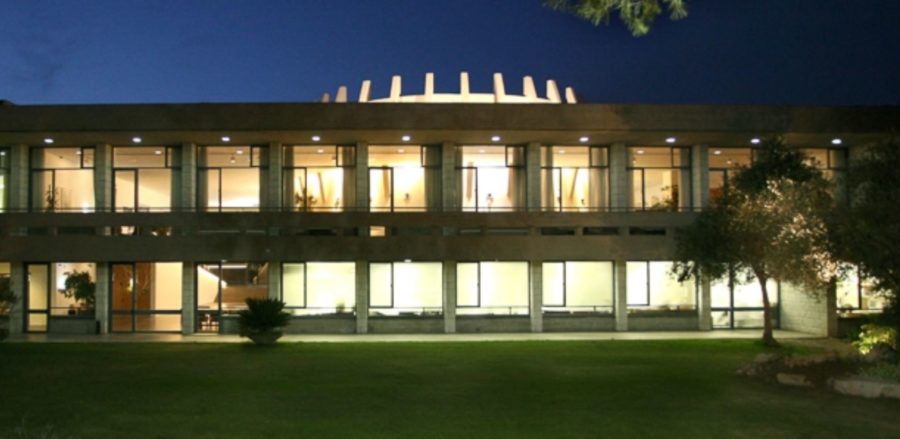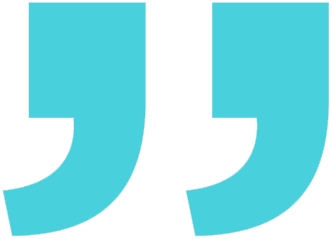Challenge
Founded in 1959, The Van Leer Jerusalem Institute (VLJI) has long been a center for big ideas and fresh thinking in the humanities and social sciences. VLJI brings together networks of scholars to stimulate original ideas and groundbreaking research that can shape public discourse and policy in liberal democracies today. Today, much of this work focuses on Israel. Forming research groups around thematic clusters, supporting original research, offering public lectures and workshops, and publishing research and new thinking, VLJI germinates and disseminates ideas with cultural, social, and political significance.
In 2016, VLJI implemented a new strategy, The Social Impact of Deep Ideas, to explore how ideas can contribute to societies. As part of this new strategy, the Institute also became more visibly engaged with the public through different partnerships, platforms, and events. In 2021, VLJI started to assess the strengths and weaknesses of this strategy, its current position in the field, and how the field may have shifted over the past five years. VLJI developed questions about its strategy that would help guide the assessment; Institute leadership soon realized that while some of the analysis could be conducted internally, some would best be done by a third party.
Rosov Consulting was engaged to fill this need and, in particular, to explore questions around VLJI’s reputation. How was the Institute thought of and perceived by a range of stakeholders? What do those stakeholders think the Institute does well and what could be improved? As the Institute tries to now influence public discourse on seemingly retractable problems—to think in new ways about existing challenges and problems in Israel—understanding how it is perceived is critical, to understand how different key actors in the public think about VLJI.
Approach
In a collaborative and iterative process, Rosov Consulting and VLJI first defined the scope of the Rosov Consulting study, which would comprise of two parts: 1) interviews conducted with key figures in the field to understand their perception of the Institute, and 2) understanding and mapping other Jerusalem institutions who worked in the same space as VLJI. From 50 names originally put forth for by VLJI for interview consideration, RC selected 27 interviewees, representing various levels of engagement with and perspectives on VLJI’s work. They were informed observers or constituencies that VLJI currently engages or seeks to engage (as opposed to a representative sample of the general Israeli public). Interviewees included academics, authors, philanthropic supporters, participants in VLJI incubator programs, journalists, institutional partners, public figures, and members of similar institutions.
Mining organizational websites, news reports, and publicly available information, Rosov Consulting also conducted the mapping of six additional organizations and four leadership programs that make up the same intellectual ecosystem as VLJI.
Midway through the series of stakeholder interviews, VLJI was surprised by interviewees’ seemingly outdated perceptions of the Institute. Interviewees were conveying thoughts about the Institute that were true in the ‘90s but were not in sync with more recent efforts, especially the newer strategic approach. Rosov and VLJI recognized that these responses in part were because reputations are difficult and take time to change. VLJI purposefully had selected interviewees who knew the Institute going back many years and would have an opinion on it. But knowing the Institute for a long time also meant they had deeply engrained feelings on its history and previous work. So, midway through the series of interviews, Rosov and VLJI decided to include more interviewees who were more recently engaged with the Institute.
Results
As a result of Rosov Consulting’s assessment, VLJI gained important insights in important areas: its perceived strengths and impact; its historic profile and its profile in Israeli society today; changes in the perception of VLJI; and how VLJI is viewed relation to other organizations in the field.
VLJI was pleased to see how well regarded the Institute is, with significant academic and research integrity and credibility being a major part of its brand. Institute leadership recognized that even as it now works to influence public discourse more than before, its credible research reputation is what makes that possible. Younger interviewees and those who are more intensely involved with the Institute expressed that while aspects of VLJI’s historic profile persist, they see the shift toward more diversity and complexity at VLJI compared to its earlier years.
Interestingly, while many interviewees spoke very highly about the Institute’s international and local stature, they also had difficulty articulating the main issues on which the VLJI focused. Beyond some specific issue areas, it wasn’t clear to most of the public what the Institute as a whole stood for. This learning prompted the Institute to make important changes in how it implements its new strategy refresh, which are designed to present a clearer picture of its work to the public. The Institute, for example, now frames its work as part of larger efforts to address the overarching social problem of polarization.


